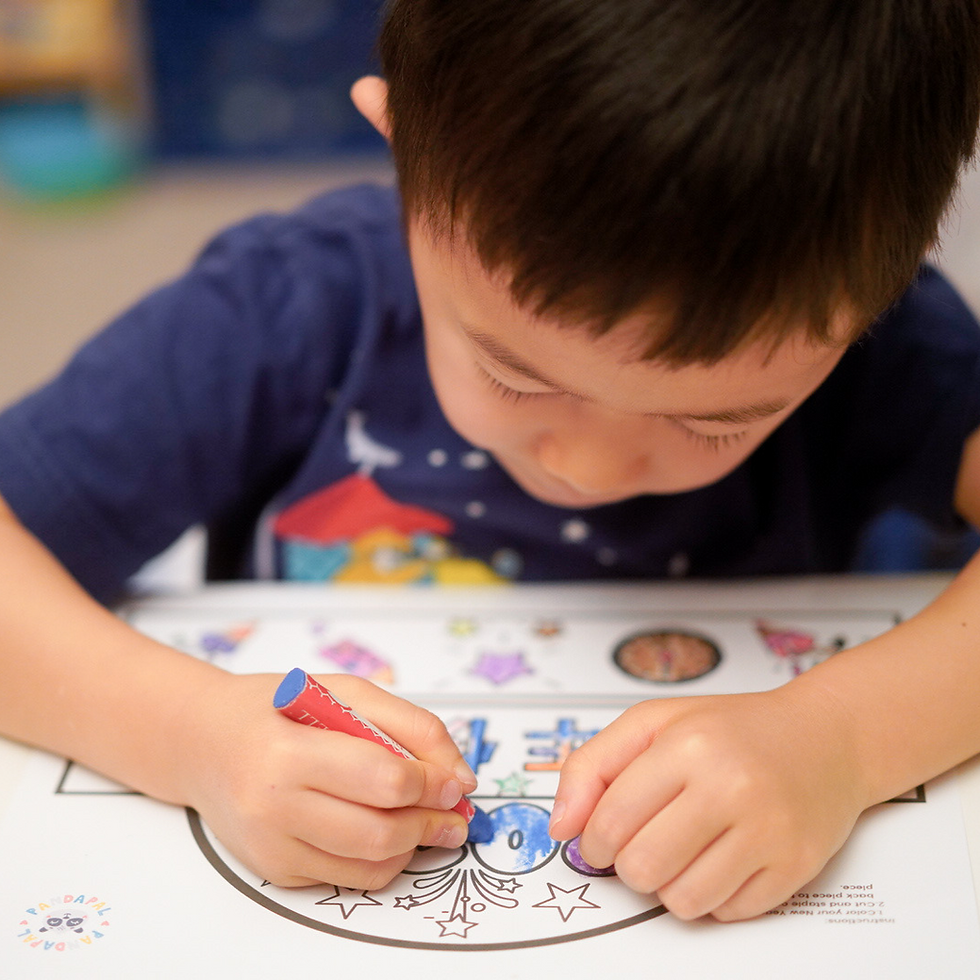"Ahh, he just don't seem to have the interest in reading."
"Whenever I ask her to read, she will whine."
"I just can't get him down to practise writing."

What Expert Says?
When it comes to motivation, the Self-Determination Theory (SDT)[1] has been a widely used theory to understand human's motivation. Having intrinsic motivation means doing an activity because it is fun and interesting to one. The SDT posited that to have intrinsic motivation, which is the form that generally leads to the most positive outcomes, one needs to fulfil three types of psychological needs:
Need for autonomy: Being in control of what and when one does an activity
Need for competence: Feeling capable at an activity
Need for relatedness: Feeling connected to others
To put this into an example: I am intrinsically motivated to go for workout classes at a gym studio because:
I choose to participate in this activity to begin with and I am in control of which classes to attend (a stretching pilates session v.s a high-intensity boxing class) = Need for autonomy
The exercises are sufficiently challenging and satisfying for me = Need for competence
I enjoy attending the sessions together with my sister and my gym friends = Need for relatedness
With my three psychological needs supported, I do not dread attending workouts. In fact, I look forward to them - I am intrinsically motivated to exercise!
Motivation in learning has always been a concern for parents and educators. This occurs because after early childhood, there are social pressures for children to do activities that are not interesting (we are told what to learn instead of learning what we are interested / curious about) and to take on new responsibilities. The academic stress further reduces children's intrinsic motivation to learn (meaning, being interested to learn).
Studying can be "boring" and difficult: Learning to read words, finding patterns and understanding mathematics or remembering historical facts. It can be difficult when children do not find relevance between what they learn in school and real-life events, such as understanding fractions (Recall the times when you were studying: "Why are we even learning this?! What for?")
If we can support children by helping them understand why learning fractions is important, such as to inculcate fairness (e.g. dividing a pizza equally for 5 people) and being able to measure accurately (e.g. to buy a pipe that fits perfectly in our kitchen), they will find interest in learning this concept. This is supporting their need for autonomy.
As parents and educators, we are children's primary socialising agents and hence, we can directly support children's psychological needs. This can then enable them to be intrinsically motivated in anything that they do in life, from learning to playing and to working!
Supporting our children's psychological needs is related to our parenting style (refer to our previous post on parenting style!). Jamalludin (2017) found, in a study involving 360 students in Singapore, that when students see their parents enjoying parenting, they have greater intrinsic motivation in their academic learning! This suggests that when parents enjoy parenting activities (from having lesser external stress factors such as not needing children to do well academically to reflect success), they will adopt autonomy-supportive parenting styles which will give children more positive academic experiences.
In addition, this paper also suggests that in order for parents to meet children's needs, their own needs need to be met! The reason why parents engage in a certain parenting style can be possibly due to them enjoying them and feeling autonomous (in control) and competent while being a parent. Thus when parents enjoy being a parent, their positive experiences will support their need of relatedness (better relationships with their children!) With the three needs met, parents will more likely enjoy parenting (intrinsically motivated to parent their children). Therefore, do remember that you are important too! If your needs are not met, you might not be able to support your children as adequately as you may like to.
Despite parents being influential in supporting children's psychological needs, there seemed to be little research conducted in Singapore on this aspect.




Comments